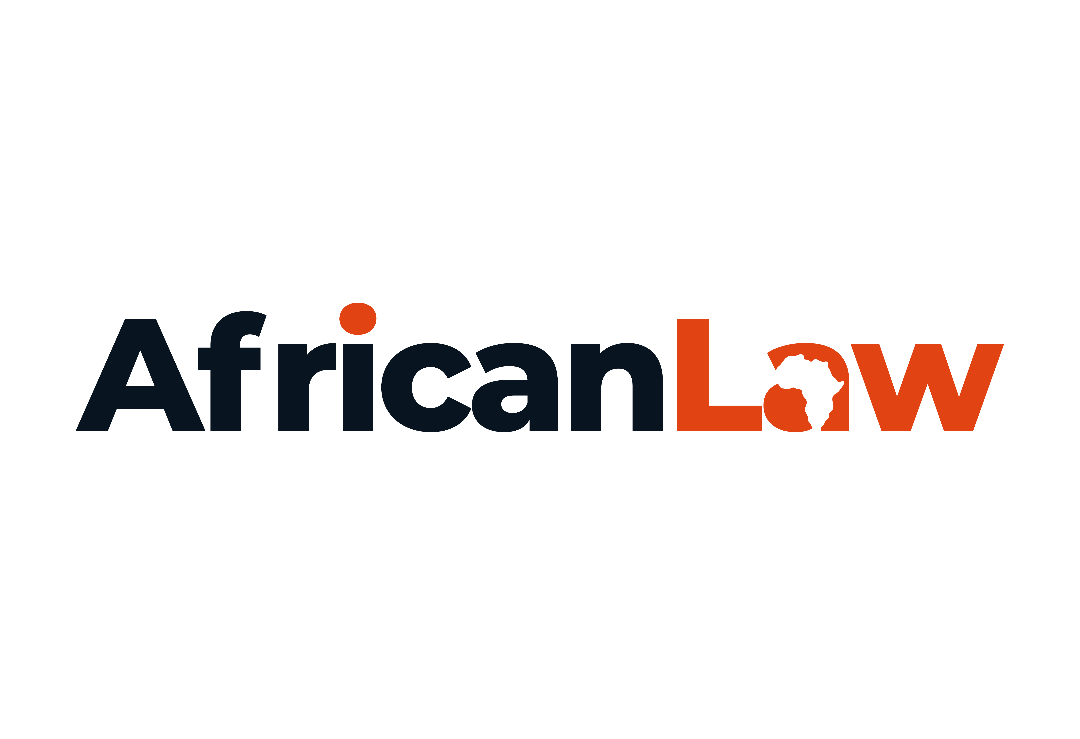According to the World Bank and recent economic analyses, the Southern African country Angola's GDP per capita was USD 2,310 in 2023, reflecting a 21.27% decline from 2022. It was estimated at approximately USD 3,050 in 2024, with projections reaching USD 2,429 by the end of 2025 amid ongoing economic challenges and recovery efforts. The country’s economic growth stood at 1% in 2023, driven by lower oil production, exchange rate depreciation, and fuel price hikes, but improved to a projected 4% in 2024, the highest in nine years, thanks to increased oil output and strong performance in the services sector, particularly transport.
Angola remains an oil-rich nation, playing a significant role in Africa's energy landscape. In 2024, the country's average daily oil production reached 1.134 million barrels per day (mbpd) in the first three quarters, marking a 4% increase from the same period in 2023. However, production has shown fluctuations, dipping to 1.035 million barrels per day in January 2025 from 1.065 in December 2024. Angola held an estimated 2.6 billion barrels of proved crude oil reserves at the beginning of 2025. The country is positioning 2025 as a year for accelerated exploration and production, with Angola and Nigeria expected to lead Africa's oil output growth, potentially increasing regional production from 6.5 mbpd to nearly 7 mbpd by year-end.
In addition to oil, Angola has substantial natural gas deposits. In 2023, it exported approximately 3.84 million metric tons of liquefied natural gas (LNG), valued at over USD 2.5 billion, primarily to India, the Netherlands, France, and Germany, with 75% directed to Europe. Gas production is set to grow significantly between 2025 and 2034, driven by projects like the Sanha Lean Gas Connection, boosting LNG exports and aiming to increase natural gas's share in the energy mix to 25% by 2025. The Angola LNG (ALNG) project continues to play a key role in monetizing flared associated gas for domestic use and exports.
This prominence of Angola's oil and gas industry drew our attention to the need to highlight key provisions of Angolan law governing the sector, providing essential information for potential investors or those interested in the country’s trade and investment law. This article sets the foundation for understanding the regulatory framework and key agencies in Angola's oil and gas sector.
The Petroleum Activities Law (Law No. 10/04, as Amended by Law No. 5/19)
The Angolan Petroleum Activities Law was originally enacted in 1978 and amended in 2004 to accommodate the sector's growth. A significant amendment came with Law No. 5/19 in 2019, which redefined the institutional framework. The law reaffirms that all petroleum deposits are integral to the public property of the State (Article 3). A key change under the 2019 amendment established the National Oil, Gas and Biofuels Agency (ANPG) as the holder of mineral rights and the national concessionaire, responsible for regulating upstream operations, awarding concessions, and promoting activities in the oil and gas sector. This role was transferred from Sonangol, E.P., which now focuses on exploration, production, and commercialization as a state-owned enterprise. ANPG oversees supervision, regulation, and promotion, including a six-year licensing round that has awarded 32 blocks so far, with a target of 55 by 2025.
Article 8 of the law stipulates that petroleum operations in Angola may only be conducted through prospecting licenses or petroleum concessions. Prospecting licenses are granted by the Minister of Mineral Resources, Oil and Gas, while concessions are awarded by the government (Article 10). Concessions are divided into two periods: the exploration period (including exploration and appraisal phases) and the production period (development and production phases). According to Article 12 of the same law, concessions cover only the production period, with durations specified in individual agreements.
The maximum duration for a prospecting license is three years. Chapter III outlines the rights and obligations of licensees, including the right to conduct operations (directly or via third parties), establish necessary infrastructure, occupy areas in compliance with laws and existing rights, accommodate personnel, and import goods for operations (Articles 28 and 29). Concession holders enjoy similar rights, plus the ability to take, transport, store, and export their share of production under concession terms.
Recent updates include the Incremental Production Decree 8/24 enacted on November 20, 2024, which incentivizes additional output from existing fields to boost production amid maturing assets. Additionally, ANPG's permanent negotiations rule, launched to accelerate investments, allows for ongoing block negotiations outside formal bidding rounds. These measures support Angola's strategy to attract USD 60 billion in oil and gas investments and maintain production levels.
Conclusion
Angola’s oil and gas industry continues to underpin its economic development, with vast potential for growth and investment. Despite production challenges, renewed momentum in 2024–2025, including new concessions and infrastructure projects, positions the sector for recovery. Understanding the regulatory framework, particularly the Petroleum Activities Law and ANPG's role, is crucial for engaging in this dynamic sector. The legal landscape demonstrates Angola’s commitment to responsible resource management while fostering international partnerships. For those exploring opportunities in Angola’s energy sector, AfricanLaw offers a curated network of African lawyers and consultants providing legal insights and guidance on navigating investment complexities. Reach out to us for customised jurisdiction-specific legal solutions.

















